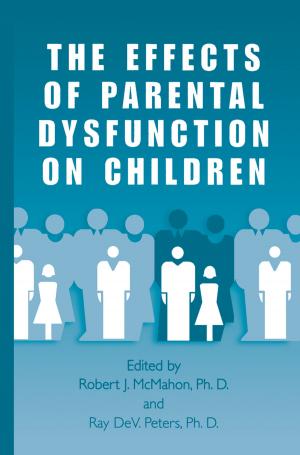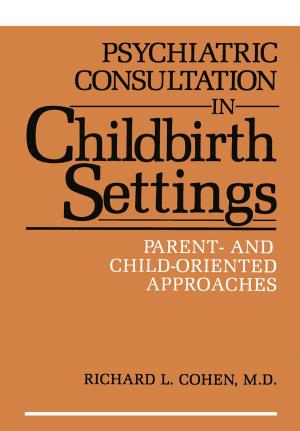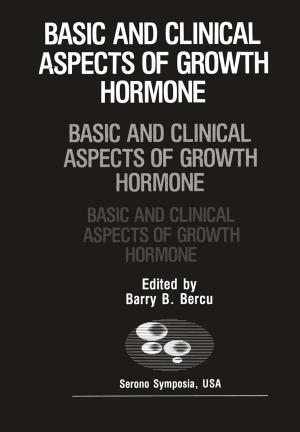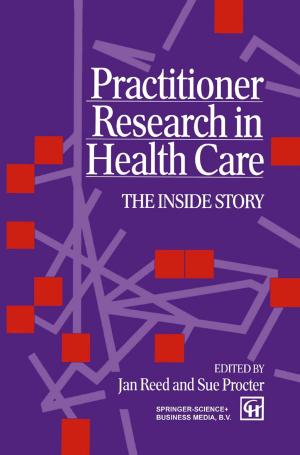Prenatal Diagnosis
The human side
Nonfiction, Health & Well Being, Medical, Specialties, Gynecology & Obstetrics| Author: | Lenore Abramsky, Jean Chapple | ISBN: | 9781489930279 |
| Publisher: | Springer US | Publication: | November 11, 2013 |
| Imprint: | Springer | Language: | English |
| Author: | Lenore Abramsky, Jean Chapple |
| ISBN: | 9781489930279 |
| Publisher: | Springer US |
| Publication: | November 11, 2013 |
| Imprint: | Springer |
| Language: | English |
This book evolved out of a conference which was held because of our conviction that prenatal screening and diagnostic techniques provide carers with a two-edged sword which can do both good and harm - often at the same time to the same person. The conference ('The Human Side of Prenatal Diagnosis') dealt with emotional, ethical and legal issues in prenatal screening and diagnosis. It took place in March 1992 at the Institute of Obstetrics and Gynaecology in London and was attended by obstetricians, paediatricians, geneticists, midwives and ultrasonographers from the North West Thames Health Region. The demand for places at the conference far exceeded the number of places avail able and many people who attended expressed the hope that we would be organizing similar conferences in the future. This confirmed our belief that we were not the only ones preoccupied with the human issues raised by the new technologies and encouraged us to work towards this publication. Prenatal diagnosis and the possibility of selective termination of affected pregnancies is part of a wider move towards repro ductive choice. Like contraception and assisted conception, it can make a major difference to the lives of some people. In our culture, we tend to view choice as a good thing. We look upon it as our right to choose our occupation, our partner, the place where we live, the books that we read and the way that we vote.
This book evolved out of a conference which was held because of our conviction that prenatal screening and diagnostic techniques provide carers with a two-edged sword which can do both good and harm - often at the same time to the same person. The conference ('The Human Side of Prenatal Diagnosis') dealt with emotional, ethical and legal issues in prenatal screening and diagnosis. It took place in March 1992 at the Institute of Obstetrics and Gynaecology in London and was attended by obstetricians, paediatricians, geneticists, midwives and ultrasonographers from the North West Thames Health Region. The demand for places at the conference far exceeded the number of places avail able and many people who attended expressed the hope that we would be organizing similar conferences in the future. This confirmed our belief that we were not the only ones preoccupied with the human issues raised by the new technologies and encouraged us to work towards this publication. Prenatal diagnosis and the possibility of selective termination of affected pregnancies is part of a wider move towards repro ductive choice. Like contraception and assisted conception, it can make a major difference to the lives of some people. In our culture, we tend to view choice as a good thing. We look upon it as our right to choose our occupation, our partner, the place where we live, the books that we read and the way that we vote.















